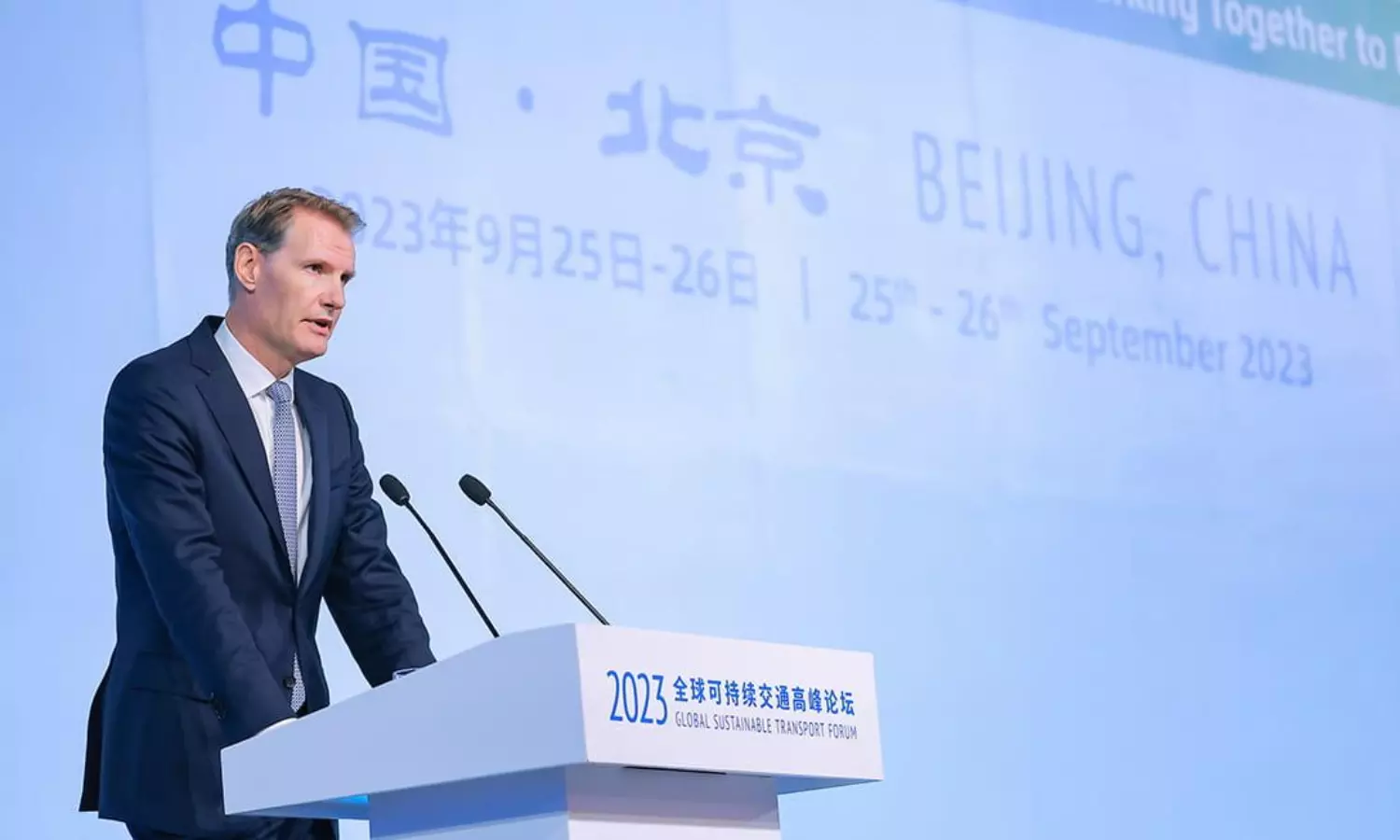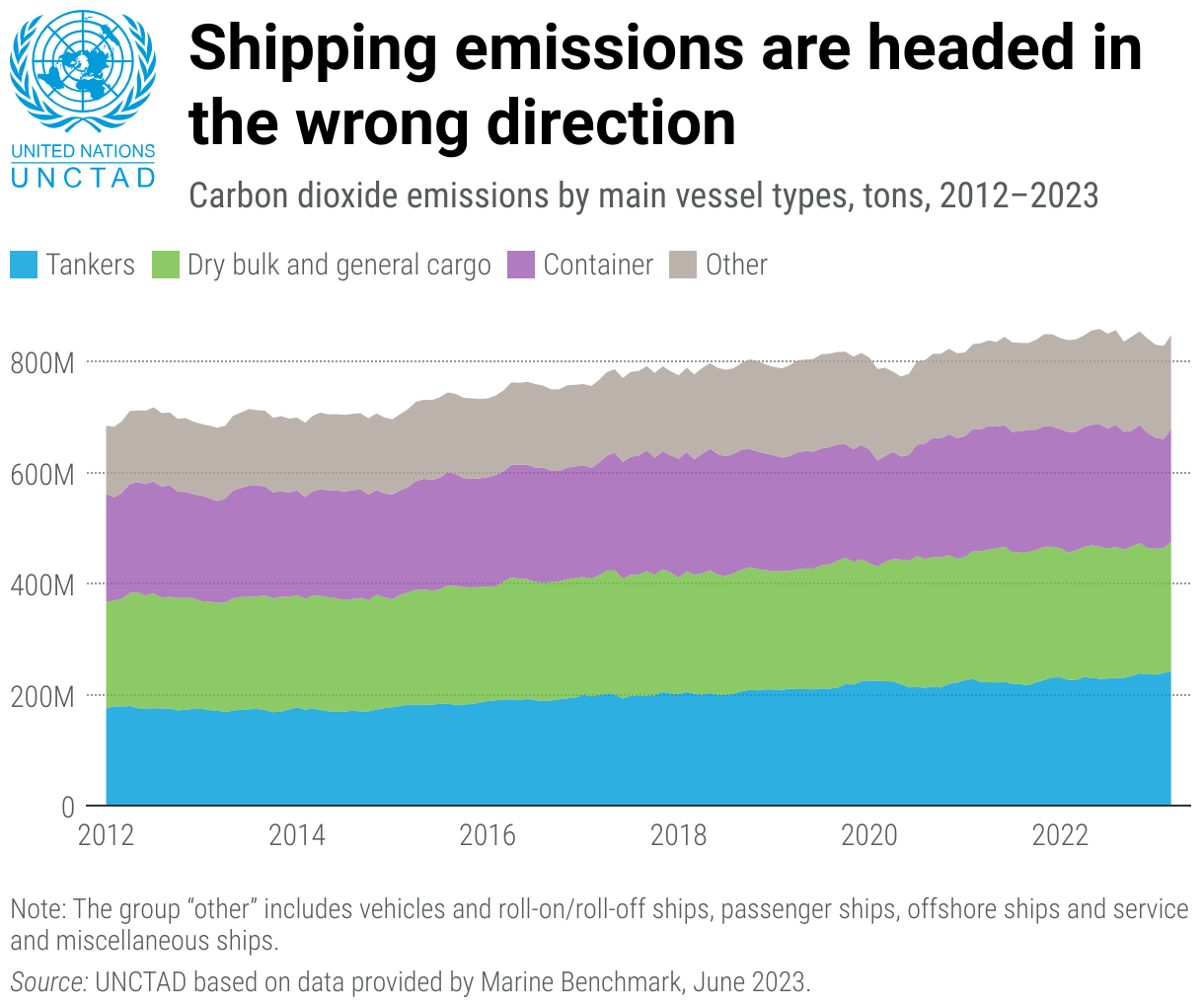Embracing digitalisation a necessity for maritime trade: MSC CEO
MSC is investing heavily in technologies to optimise customer experience & meet surging demand for digital solutions;

Sustainability and digitisation are not independent concepts, according to Soren Toft, CEO, MSC Mediterranean Shipping Company. "We see them as complementing and reinforcing each other, creating a powerful synergy to drive change. For MSC, embracing this synergy is not merely an option but an imperative for the entire shipping industry."
Toft was speaking for the first time at the Global Sustainable Transport Forum as a keynote speaker, and reflected on MSC’s on-going digital journey as a world leader in container shipping and logistics.
"Hosted by the Ministry of Transport of the People's Republic of China, the high-level event was held on September 25-26, 2023 with the core focus on sustainable development in transport and the importance of cooperating to achieve the United Nations 2030 Agenda for Sustainable Development. Toft spoke on the first day of the two-day forum - Promoting Connectivity in the Digital Age - in Beijing."
MSC is investing heavily in cutting-edge technologies to optimise customer experience and meet the surging demand for digital solutions without losing the company’s personalised approach to customer care, he added. “We have to enhance our services, we have to improve our website, and we have to create many other interfaces with our clients – something that is much easier to do today when the digital tools are available."
Digitising assets such as ships and containers will also help the company to receive better insights and ultimately reduce its environmental impact. “This will make us more efficient but also give more real-time information to our customers."
Seamless data sharing throughout the shipping process will be a game changer as we move forward, Toft added. “We advocate for industry standards that support digital connectivity and real interoperability," citing examples of e-documentation (e.g. the electronic Bill of Lading or eBL) and cargo visibility standards.
UNCTAD calls for bold decarbonisation moves
Maritime transport needs to decarbonise as soon as possible while ensuring economic growth, says Rebeca Grynspan, Secretary-General, UNCTAD.
"Balancing environmental sustainability, regulatory compliance and economic demands is vital for a prosperous, equitable and resilient future for maritime transport."
Jan Hoffmann, Head, Trade Logistics, UNCTAD adds: "While we all agree that emissions should be going down, the opposite is happening. Whether we like it or not, in early 2023, total GHG emissions from international shipping are 20 percent higher than a decade ago. The main underlying cause lies in growing trade volumes and going over longer distances. Additional volatility comes from changing voyage speeds, partly in response to changes in bunker fuel prices.
"Whether the glass is half full or half empty depends on whether you look at total emissions, or emissions per transport work. Taking the latter gives us a more positive picture (the glass is half full)."


